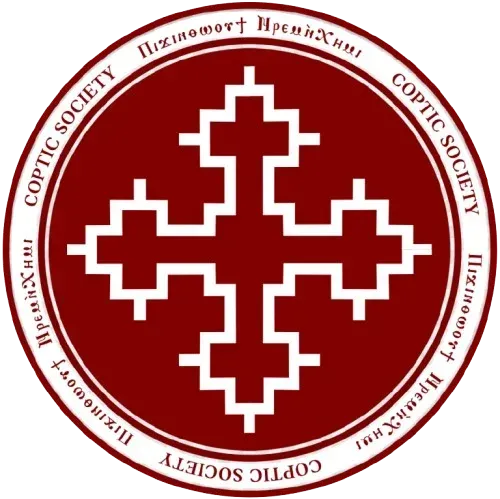
THE FAITH
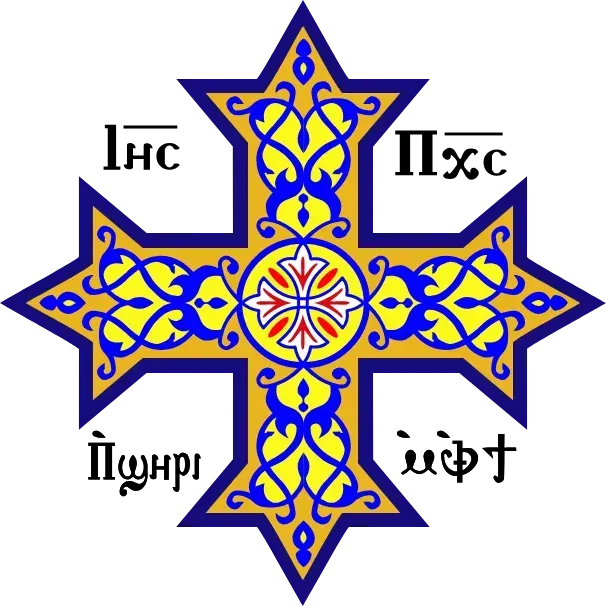
THE COPTIC BELIEF
Coptic Orthodox Christians believe in one eternal and all-powerful God, revealed as three distinct Persons: the Father, the Son, and the Holy Spirit. This Holy Trinity is central to the faith, with each Person sharing the same divine essence. Jesus Christ, the eternal Son of God, became fully human through the Virgin Mary for the salvation of humanity. He lived a sinless life, was crucified, and rose from the dead, uniting divine and human nature in one, a belief known as Miaphysitism. Copts believe that salvation is a lifelong journey that begins with faith and baptism and continues through prayer, repentance, good works, and participation in the seven sacraments: Baptism, Chrismation, Eucharist, Confession, Marriage, Unction of the Sick, and Priesthood. The Church draws on both Holy Scripture and Apostolic Tradition, seeing them as essential for preserving and understanding the true Christian faith. Worship is centered around the Divine Liturgy, a sacred and symbolic celebration of Christ’s presence, where the faithful receive the Body and Blood of Christ. The Church also honors the saints, especially the Virgin Mary, and asks for their prayers and intercessions, seeing them as examples of holiness and faithfulness in the life of the Church.
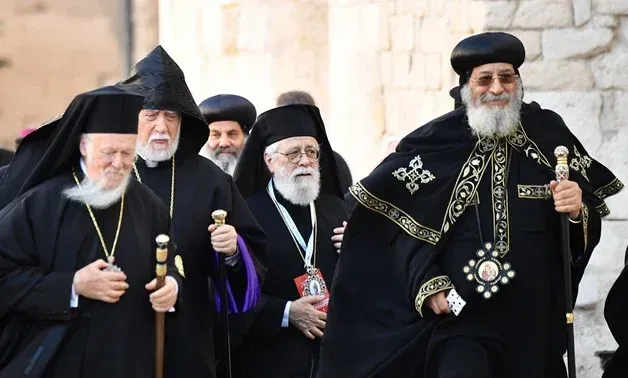
What Does “Coptic Orthodox" Mean?
The term “Coptic” refers to the native Egyptian people and comes from the Greek word Aigyptos, meaning Egypt. After the Arab conquest of Egypt in the seventh century, the word “Copt” became associated specifically with Egyptian Christians who maintained their ancient faith. The word “Orthodox” means “correct belief” or “right worship” and reflects the Church’s commitment to preserving the original teachings of Christ and His Apostles. The Coptic Orthodox Church sees itself as the guardian of this apostolic faith, passed down unchanged through generations. Despite facing centuries of persecution and pressure to abandon its beliefs, the Church has remained steadfast in both doctrine and practice. Its liturgy, theology, and traditions reflect a deep connection to the early Church, and its members take pride in belonging to a Church that has kept the original Christian faith alive from the time of the Apostles until today.

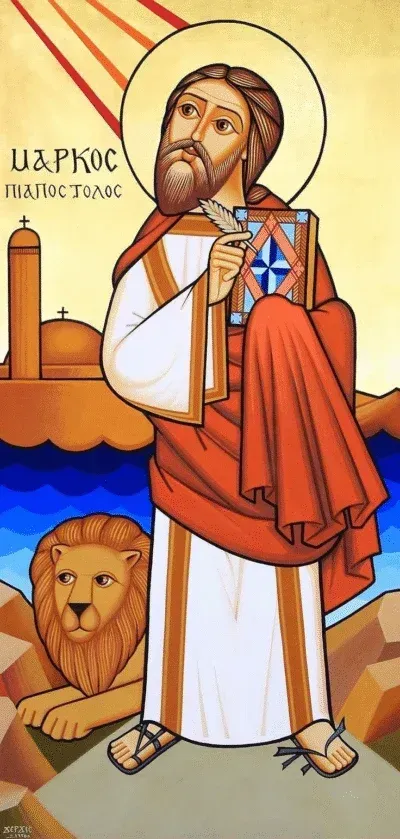
FOUNDER OF THE FAITH
St. Mark the Apostle, also known as St. Mark the Evangelist, is honored as the founder of the Coptic Orthodox Church and the writer of the earliest Gospel in the New Testament. In the middle of the first century, he journeyed to Alexandria, Egypt, where through his preaching, miracles, and deep faith, many Egyptians embraced Christianity. He ordained the first bishops, priests, and deacons, establishing the structure of the Church and planting the roots of one of the world’s most ancient Christian traditions. St. Mark later gave his life as a martyr for the faith, and his legacy continues to inspire millions of Copts worldwide, who look to him as their spiritual father and the courageous missionary who brought the light of Christ to Egypt.
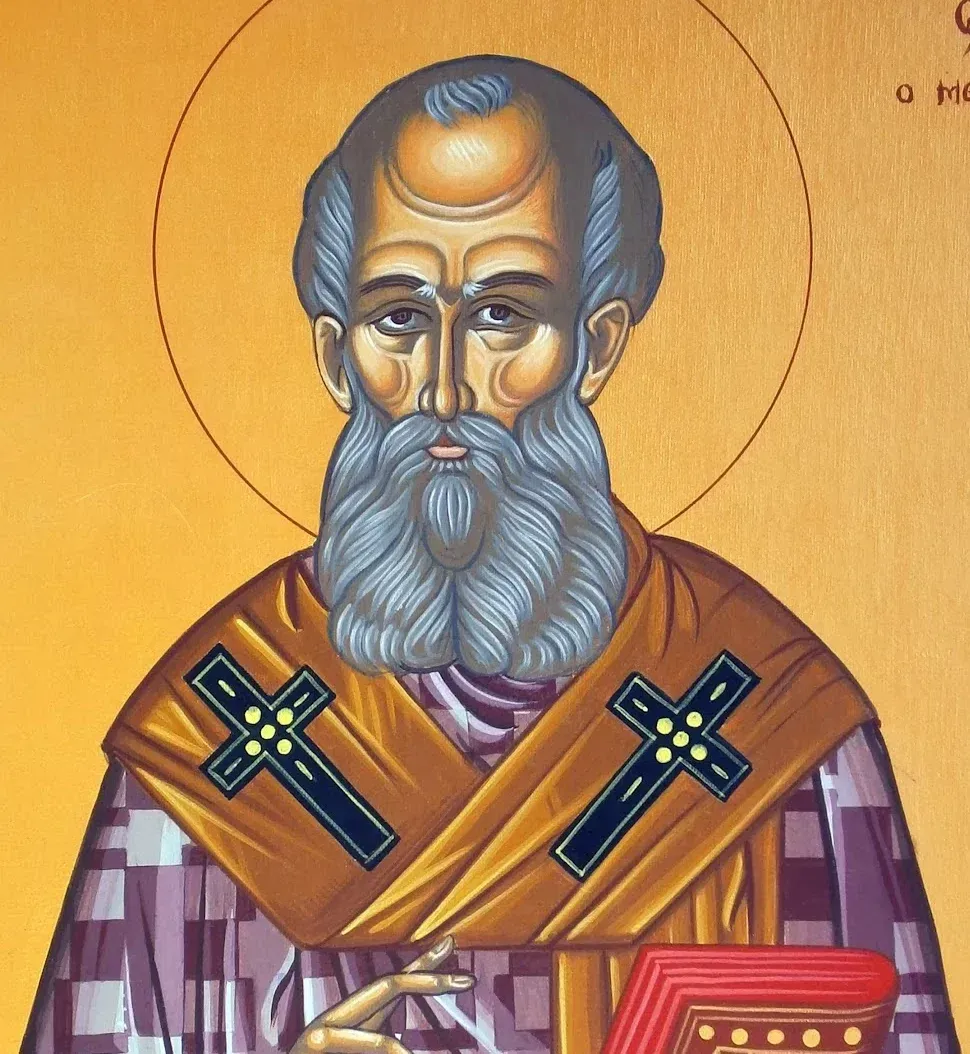
DEFENDER OF THE FAITH
St. Athanasius the Great, the 20th Pope of Alexandria, is one of the most important theologians in Christian history and a fearless defender of the Orthodox faith. He played a key role in the First Council of Nicaea in 325 A.D., where he stood firmly against the Arian heresy, which denied the full divinity of Jesus Christ. His clear teachings helped establish the Nicene Creed, which affirms that the Son is of one essence with the Father. Despite facing repeated exile and political opposition, St. Athanasius never wavered in his convictions and remained faithful to the truth of the Gospel. His writings, such as “On the Incarnation,” continue to guide the Church today, earning him the titles “Father of Orthodoxy” and “the Apostolic.” He is remembered not only for his theological clarity but for his courage, humility, and unwavering commitment to preserving the true Christian faith.

© 2026 Coptic Society | Powered By JDFWebDesigns

